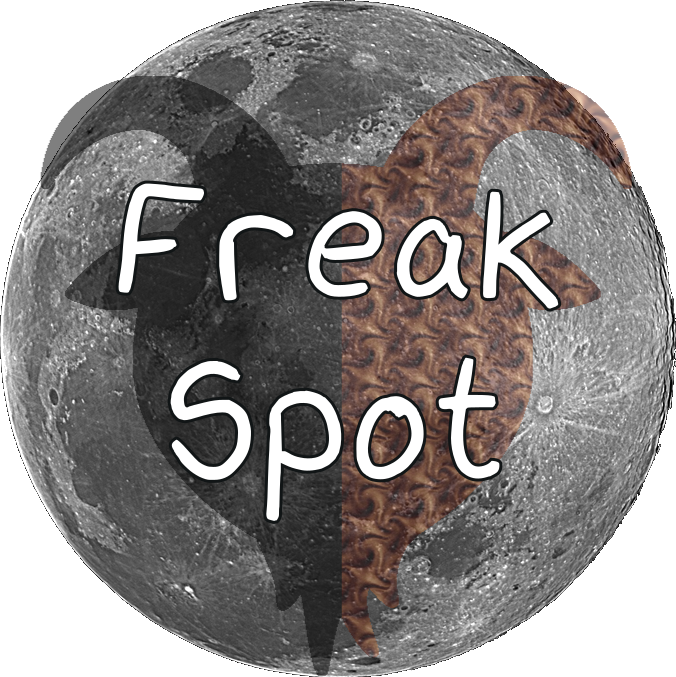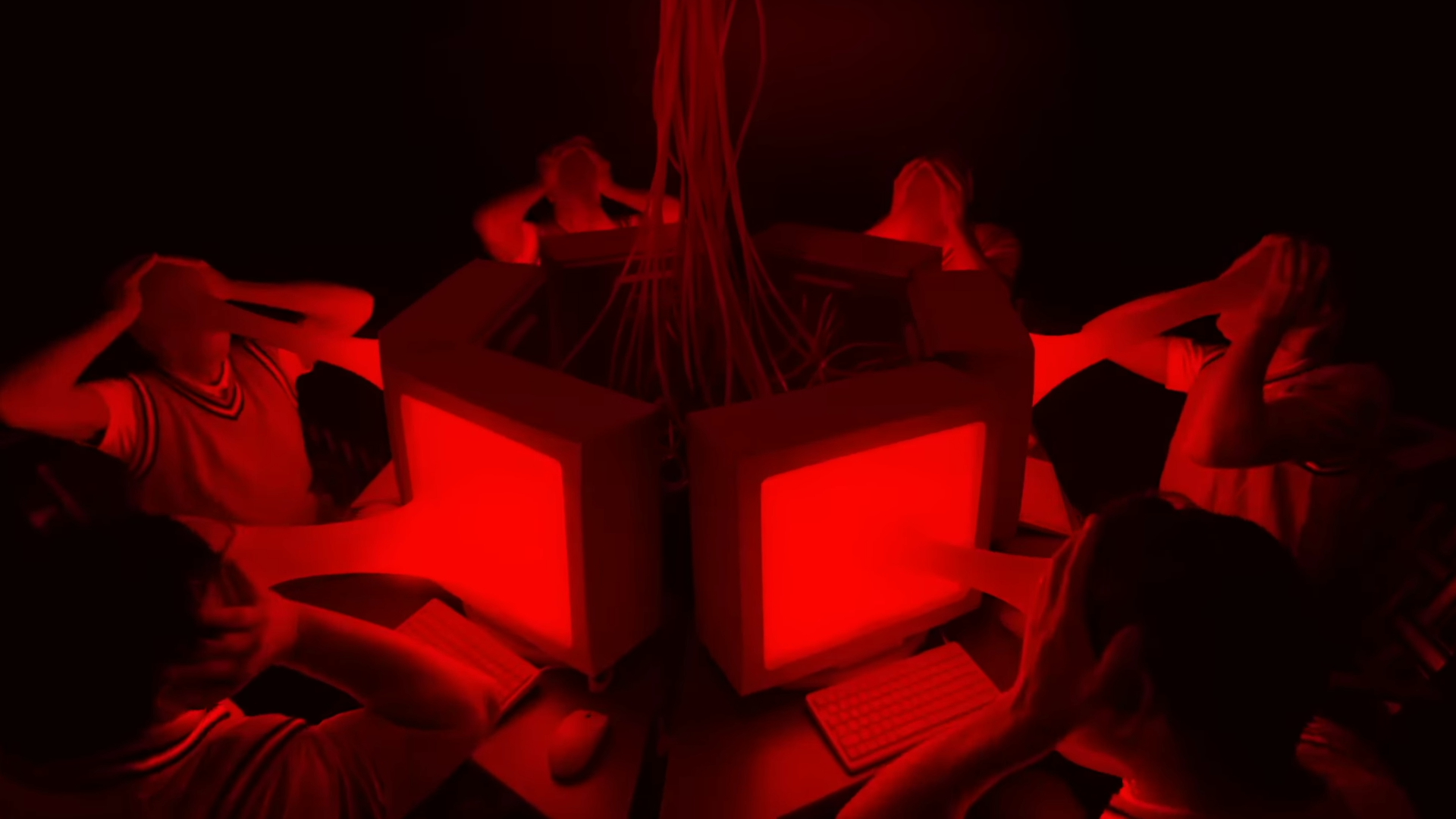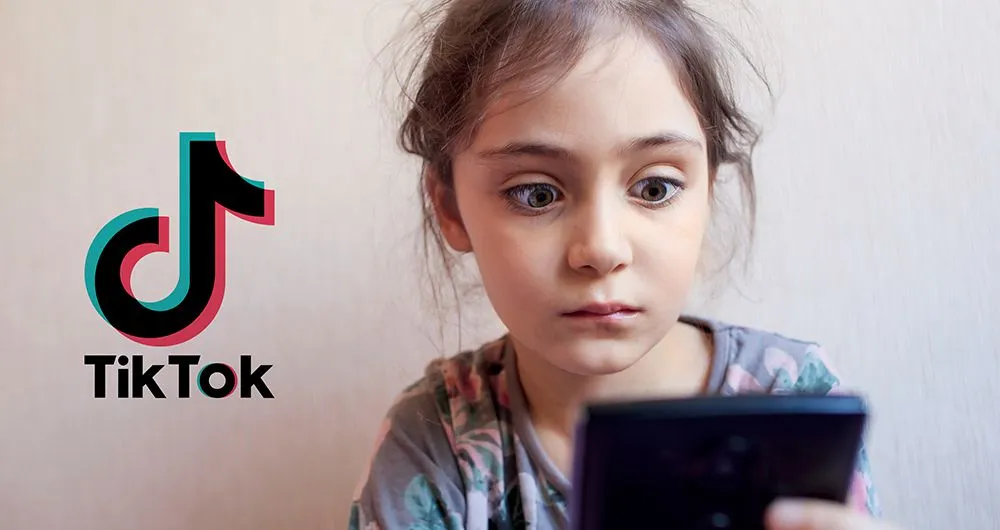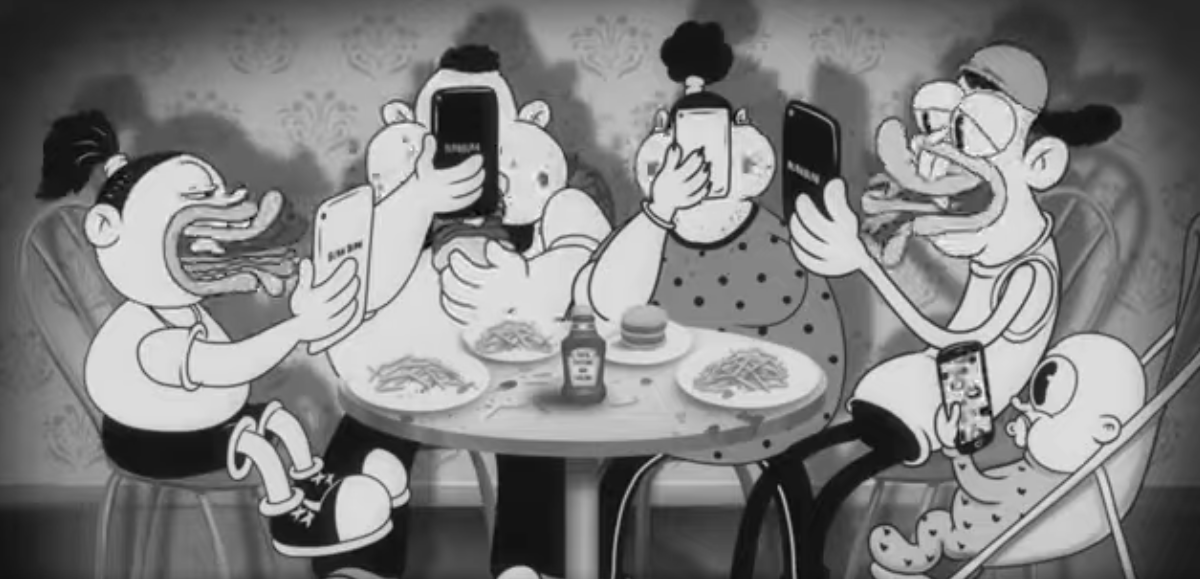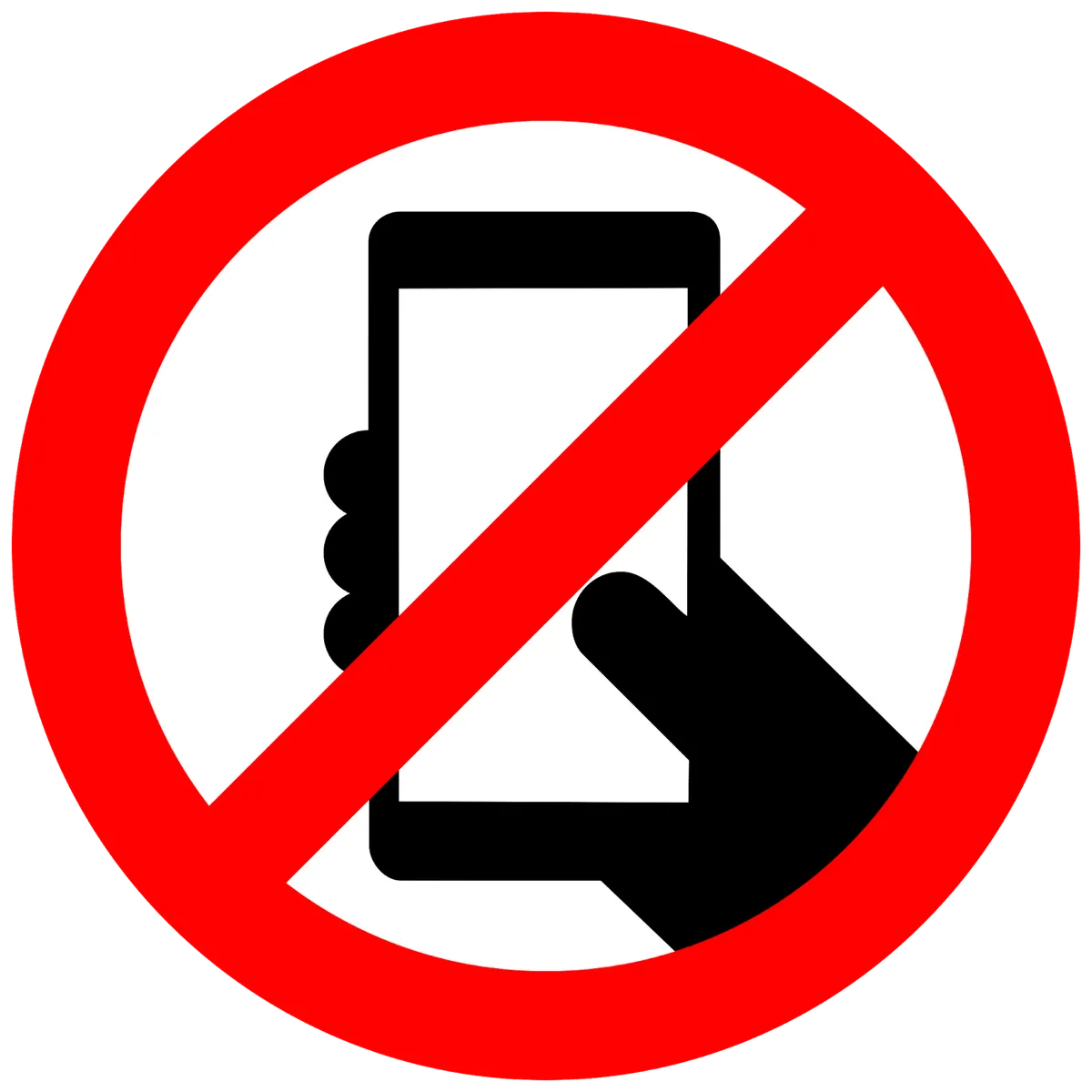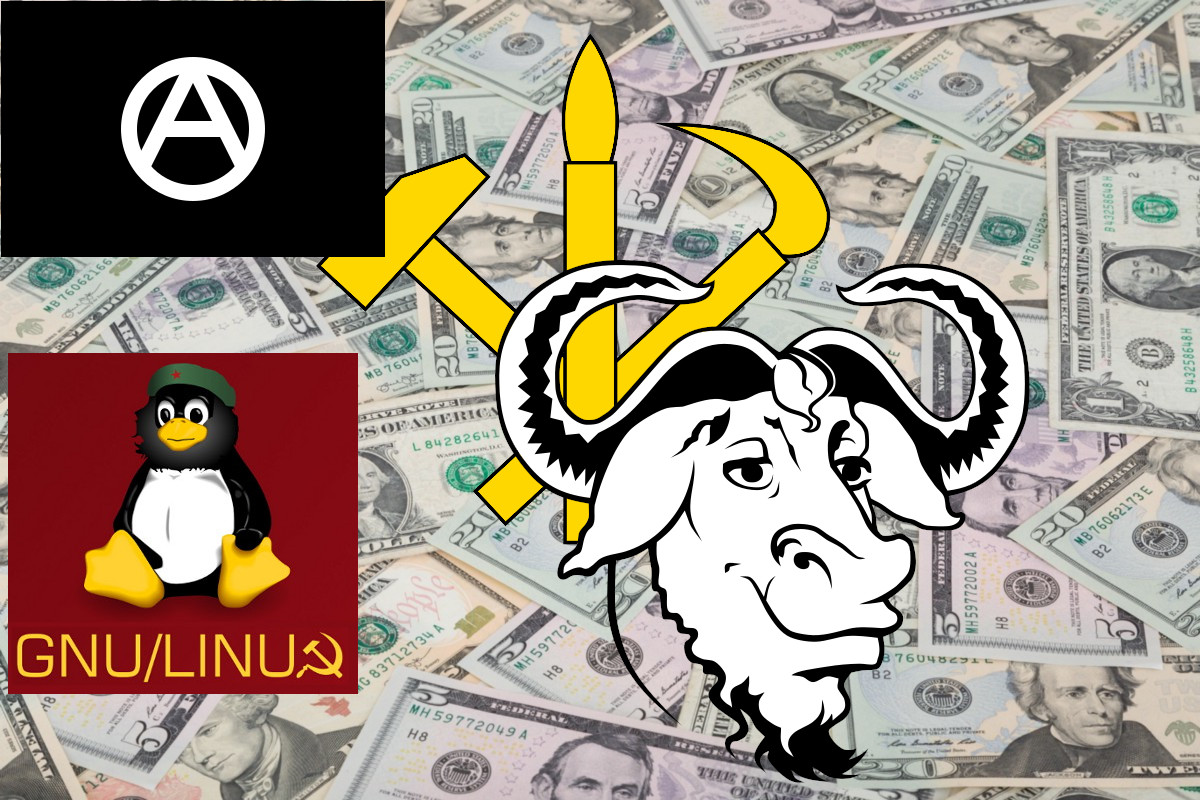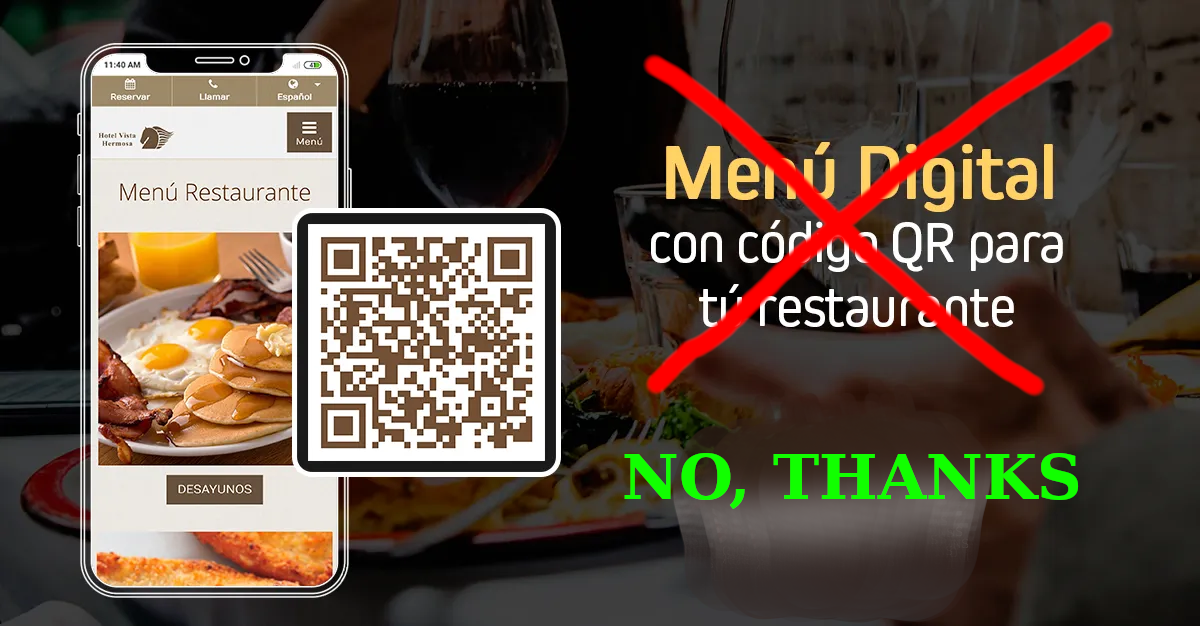We are colonized. The Tech Giants control the digital world with the complicity of the United States. Most computers (those using AMD or Intel processors) can be spied on and remotely controlled thanks to a universal Keep reading Let's end digital colonialism
Category: Opinion
TikTok: why is that shit so popular?
Imagine a drug that increases your stress, anxiety and leaves you mentally exhausted; a drug that not only hooks you, but leaves you drained of energy every day. Who would use such a drug? Almost everyone. That drug is called TikTok.
Feeling lonely? Don't worry, in the Trending and challenges community you'll have "friends" eager to see you acting like a retard or making a fool of yourself with an embarrassing dance.
Teenagers, children and adults act like idiots for social approval. But that doesn't hurt anyone, right? There are challenges like pouring bleach in your eyes to see if they change colour, putting on orange mould make-up, tripping someone while they jump, as in the following video:
People have died doing stupid challenges. Who's to blame? TikTok doesn't force you to use the platform, but in an extremely stressful world of anxiety and dopamine overdose, with people desperate for social approval, some seek refuge in a toxic environment. There are people who feel the need to prove to other people that they are happy, that they have a fantastic life? The reality is quite different.
Faced with family conflicts, problems at school or at work, people take refuge in TikTok, which at first glance does not look like a drug, to forget their problems. However, TikTok acts on the mesolimbic pathway, activating the brain's reward system. If watching stupid videos makes you forget about your problems and also gives you pleasure, you will watch stupid videos, and your brain will want to do it again, so you watch another video and your brain releases dopamine. Over time, the dopaminergic system adapts: at the beginning it will be enough to watch one video, but then you need to watch two, three, four... To reach the same level of pleasure as at the beginning, you will have to watch more and more videos.
On the other hand, behaviours that increase dopamine in a healthy way, such as sports and healthy eating, are tedious. These activities cannot be compared to what the big companies offer: they release your dopamine to the maximum without hardly any effort on your part, until you end up overweight, exhausted...
With social networks like TikTok you don't have to choose what you want to watch, because the algorithm chooses for you the kind of shit you like, giving it to you without you having to lift a finger. It does this for free because you are the product: their business is to keep you hooked in front of the screen so that you watch as many ads as possible. How do they do that? By gradually changing your behaviours and your way of thinking, in other words, making you dependent without you even realising it. You can't see how the algorithm that has been hyper-optimised to hook you works, but you can watch the following video and do things that encourage other people to spend more time on the platform, like commenting and liking. You are a used, not a user.
That's why you've spent whole days doing practically nothing and you are always so tired, bored, discouraged, stressed, sad, unmotivated, irritated, weakened... hooked.
Is it TikTok that is making people sick? TikTok is a reflection of our society, a sick society, deluded by the false happiness of social media, fed up with the world. Social networks know many things about you, but you don't know anything about them, because they are proprietary programs. There are free social networks, but they can also be quite toxic.
To get out of addiction you can try dopamine detoxification, that is, reducing your use of social media and engaging in activities that require effort and do not give you immediate pleasure. This can be done gradually to make it easier.
Of course, social networks can also be useful, but they should be used in moderation. Ideally, they should be free and respectful of privacy. They should not encourage addiction, which is exactly what TikTok, Instagram, YouTube and other social networks do.
Free software is better than alchemy
Is it difficult to explain the benefits of free software to people who don't understand computers? Just as you don't have to be a journalist to understand the benefits of the freedom of the press, you don't have to be a programmer to understand the benefits of free software.
Keep reading Free software is better than alchemyFree software and politics
Is free software anarchist or capitalist? Some call it communist, others say it is capitalist, anarchist... Who is right? Who is right, and do the following comments made by former Microsoft CEO Steve Ballmer make sense?
Linux is a tough competitor. There's no company called Linux, there's barely a Linux road map. Yet Linux sort of springs organically from the earth. And it had, you know, the characteristics of communism that people love so very, very much about it. That is, it's free.1
Capitalism
Proprietary software favours monopolies of companies that control almost the entirety of a market. It is impossible to achieve a good market position with proprietary software alone, so in order to compete many companies must use free software. Nowadays it is difficult to find technology companies that do not make considerable use of free software.
Of course, there are different capitalist currents. Free software, in any case, has a place in this type of society as long as there is a demand for it or its use provides a competitive advantage.
Anarchism
Free software ends the unjust power that programmers have over users. Since anarchism is about ending the authority imposed on the individual, the freedoms granted by free software mean liberation.
Other political systems
Free software is used in a wide variety of political systems. What's the problem? North Korea, for example, developed a GNU/Linux distribution called Red Star OS.
Conclusion
I consider it absurd to frame free software in a particular political system. It is undoubtedly more efficient and secure than proprietary software, and countless political models can benefit from its adoption. Proprietary software is like alchemy, while free software is like science. No wonder almost all supercomputers and web servers run on free software.
-
From the article from The Register MS' Ballmer: Linux is communism. ↩
The stupid QR codes in restaurants
Before, you could go to a restaurant, look at the menu and order: it was as simple as that. Now many places don't even have a physical menu anymore; they assume the customer has a “smart” phone and an internet connection. If this is the case, the customer is expected to use the camera and scan the QR code, which takes them to a web page that does not respect their privacy, often takes a long time to load and, in many cases, is not very intuitive.
It is inefficient, it pollutes more
Loading a web page with images from a remote server, for every customer, is polluting. With a physical menu, no electricity is wasted, people can reuse the menu indefinitely... If there is no Internet or you have no battery, how do you read the menu with the QR?
Without privacy
When we visit a website we leave a digital footprint. If we use a QR codes to consult the menu, there are companies, governments, etc., that can know that we have read the menu of a specific restaurant at a specific time.
Customers also lose their privacy when they pay by card instead of using cash, but that's another issue.
Better without QR-codes
I don't have a “smart” phone and I don't like restaurants. If I eat in a restaurant, I ask for the physical menu. If they don't give it to me, they have to tell me the menu, because I have no way of seeing the QR code. Most restaurant food is unhealthy, the workers are often exploited, a lot of food is wasted, there are few vegan options, and so on. The restaurant industry has many problems. The use of QR codes for menus is just another step in the wrong direction, but it's very easy to combat by refusing to use a “smart” phone to scan a stupid QR code.
